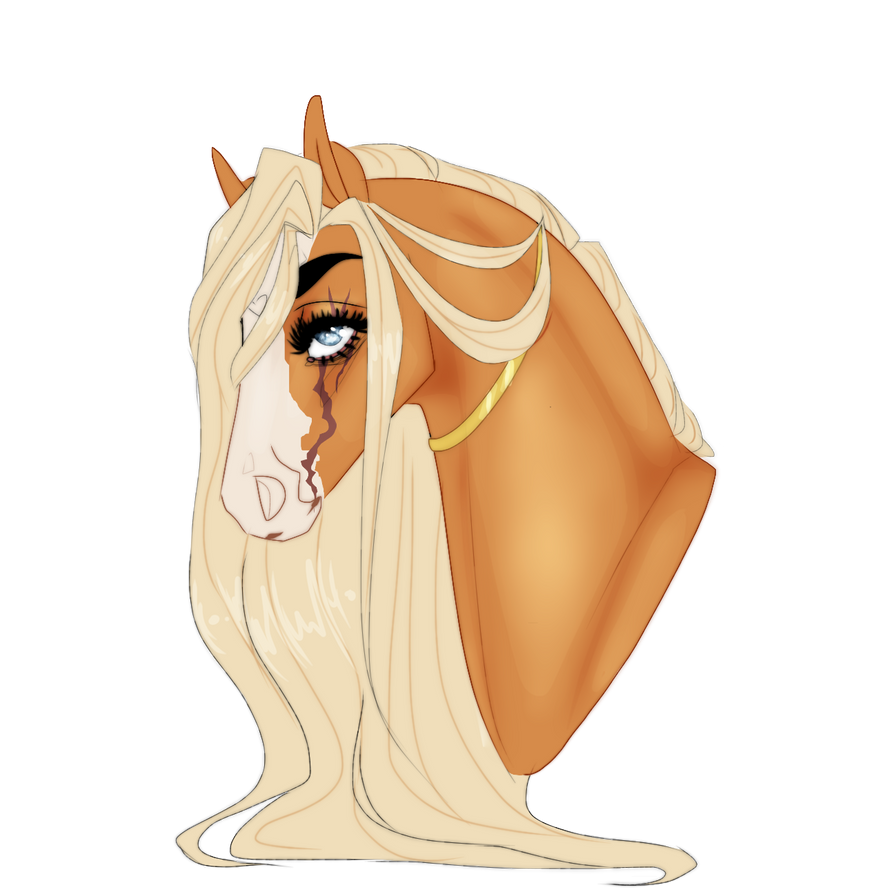“DEATH ITSELF IS NOT THE WORST THING.
worse still is to live when you want to die."

What happened to you?
The question rings in her head long after she’s answered it. It surfaces again and again in her thoughts, crawling through the dark haze of all those lost memories: it is audible even over the sound of Seraphina’s voice, Bexley’s own voice; audible over the pounding of her heart in her chest, her breath in the air, her blood in her ears.
What happened to you?
She blinks hard, struggling to focus. All these mirrors are starting to blend into one another. The world is smudged like an oil painting, fuzzy where the colors meet and spilling all over the place. The question, she knows, is not a rhetorical one: Seraphina really does want to know what happened. Why she disappeared. Where she was. And Bexley doesn’t remember—really, she doesn’t—but what happened to you as a question doesn’t make her think of the amnesia, anyway.
It makes her think of all these past Bexleys, living in the mirrors. The version of her that still exists as a child, unscarred and god-magical; and the one that is slightly older, brusquely overconfident on her way into the desert; and the girl that grew flames for hair and broke her lover’s knee; and, more important than all of these, the version of her that she remembers being most purely: Seraphina’s Bexley. Regent of Solterra. White-haired, blue-eyed, all-powerful.
What happened to you? Bexley thinks bitterly. She thinks it as she gazes blankly at that girl, who stands in a piece of silver glass, her head turned away, poured over by ten thousand urns of golden light. I was meant to be you. Forever.
And when that girl looks back at her it is all she can do not to scream.
She sniffles without thinking, and a glob of liquid gold dribbles out of her nose and onto the ground. She does not notice that her skin has become to shine, to grow warm and sparkle, and the harsh, glittering light only gains intensity as it bounces from mirror to mirror to mirror. The island grows unbearably bright, a thousand white lanterns, a hundred suns; Bexley’s coat sizzles and turns dark at points, like she’s being burnt; some of the mirrors seem to melt at the edges—
When she touches Seraphina, the world goes blissfully dark.
For once in her life Bexley swallows down the urge to speak. Instead—she breathes. In. Out. Seraphina is living-warm; she smells like home, the ashy heat of sand, dust from blocks of limestone, nag champa. Up close, the golden girl thinks, her stripes are almost like Neerja’s; and from here, just a few inches away, she almost thinks she can see the strip of matted-down skin where Sera’s collar used to rest.
She tries not to think about the strangeness of this. How deeply and completely she’d expected to be turned away. What happened to you? she thinks, and she is both entranced by and afraid of the soft touch of Seraphina’s throat against her poll, Seraphina’s jaw against the side of her neck,
Seraphina,
Seraphina,
Seraphina.
When they draw apart, Bexley tries not to think of how half-full she feels. How cold her skin is suddenly. How she almost shivers when the wind rushes in against the spots they used to touch.
“Right,” she says, and clears her throat. “We should. Let’s.”
And she follows the queen into the maze of mirrors.

